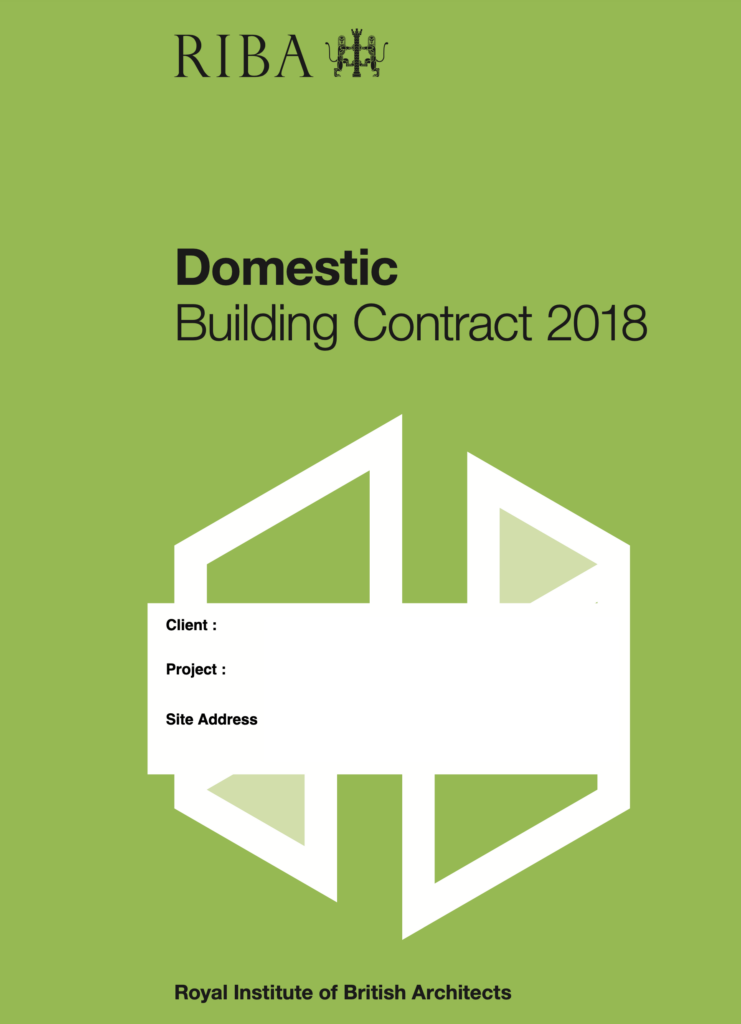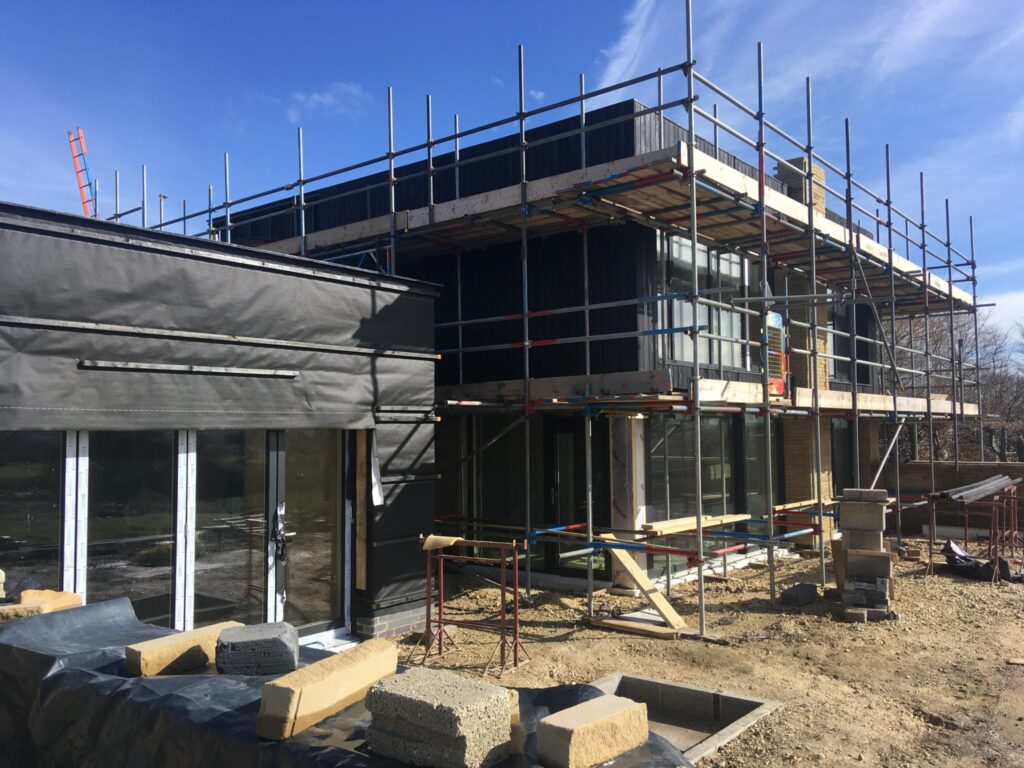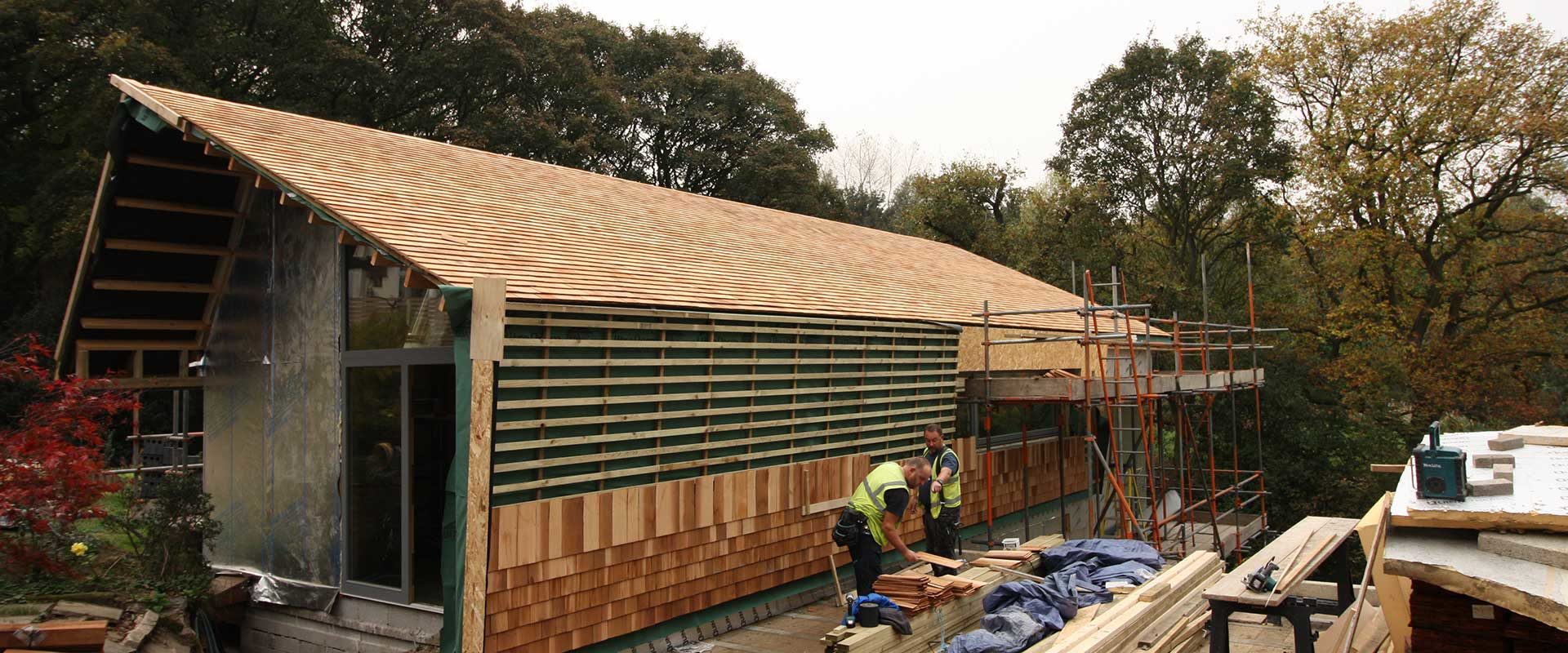Construction projects are complex. It’s unusual for a project to run 100% smoothly from start to finish. It therefore pays to plan ahead, do your homework and set your project up for success.
Most of our clients have never undertaken a major building project before so they don’t know what to expect from their builder and their team.
To help, we’ve compiled a list of key things to consider before work starts.

Make Sure You Have a Written Contract With Your Builder
We can’t stress enough how important it is to have a written contract with your builder and any sub-contractors you employ directly.
- A contract sets out the expectations of both you and your builder.
- It gives you peace of mind that your builder will deliver the project within an agreed timeframe, at an agreed cost and to an agreed level of quality.
- It outlines payment terms to help manage your cash flow and give your builder confidence they’ll be paid on time.
- This alone makes a contract an essential part of any successful project.
However, having a proper contract is even more valuable if things go wrong.
Firstly it give you a legally enforceable route to resolving a dispute. But secondly it also sets out what happens and who is responsible if things do go wrong. This makes disputes much less likely in the first place.
If appointed for the construction stages we’ll prepare a tried and tested contract on your behalf. And we’ll be on hand to administer it so any issues are resolved fairly between you and your builder. You’ll definitely appreciate the reassurance there is a trusted third party to turn to if anything goes wrong.
Whilst it’s beneficial to have a professional administer a contract, there are several contracts which you can use youself if you don’t appoint one during your build.
Know who’s responsible for what
It’s important to remember an architect’s responsibilities during the construction stages are different to a project managers.
An architect is responsible for:
- Administering a contract between you and your builder;
- Regularly inspecting the quality of work and assessing progress;
- Working with your builder to provide further information, answering queries and resolving any unexpected issues.
- Valuing the works and producing payment certificates.
- Helping you to keep track of your costs.
An architect gives you reassurance your builder is building things correctly and to the agreed standard. They’ll also help to spot any potential problems early to help keep your project running as smoothly as possible.
A project manager is responsible for:
- The project’s programme;
- Planning the sequence of works;
- Ordering materials to allow the project to be finished to an agreed programme.
On the majority of our projects the project manager role is fulfilled by the builder. Although an architect will keep track of progress and highlight concerns, they are not able to directly control your builder’s programme. Nor can they influence the order in which your builder completes their works.
Your builder will have agreed a completion date in your contract and this is the only milestone they must legally meet. However, if they don’t there’s no need to worry as the contract will set out how you should be compensated for any delay.
Are you starting your own construction project?
Our project preparation service is the best way to kickstart your project to ensure everything runs as smoothly as possible.
Be prepared
It’s vital to spend plenty of time planning your project before your build starts. It’s far cheaper to make changes on paper than once things have already been built.
Carefully review all the drawings and other information right down to the position of sockets and finishes of walls. Consider how your furniture will fit into a space and how you’ll use each room.
Most importantly, don’t be afraid to ask questions if you don’t understand anything. We will be more than happy to walk you through their proposals so you fully understand what to expect from your finished project.
If you’re choosing your own fixtures, fittings and finishes remember it can take months to review your options and make a decision. Don’t leave it all to the last minute as your builder is likely to need this much sooner than you expect.
In an ideal world you’d select these before your foundations have even been dug. However we know this is unrealistic so we’ll help to agree deadlines of when key decisions are required with your builder.
Trust Your Builder
If you’ve chosen the right builder they’re likely to be a highly skilled and experienced professional. As important as it is to have a contract in place to protect you if things go wrong, it’s equally important to trust them to get on with the job you’re paying them to do.
A good builder will have carefully planned their work to account for the time of year, the sub-contractors available to them and any lead times on the materials. This may mean work is completed in a slightly different order to what you’re expecting. There may also be delays due to issues outside of your builder’s control, such as unexpected ground conditions or changes to the design.
If you feel work is taking longer than it should then micro-managing your contractor is the quickest way to fall out with them. An unhappy contractor is less likely to complete the build to their normal high standard.
If we’re supporting you on the builder then we’ll carefully monitor progress. This means we can alert you if we have concerns so you won’t need to worry if you feel progress isn’t as expected.

Be Careful When Appointing Sub-Contractors Directly
Often it’s tempting to appoint sub-contractors for big ticket items, such as kitchens or windows, directly to avoid paying your builder’s prelims and profits on these large costs. Whilst this can be a sensible strategy, remember that your builder has no responsibility to coordinate or manage these sub-contractors on your behalf. Nor does your architect unless they’ve also been appointed to project manage your build.
Appointing sub-contractors directly means that you’ll be taking on the role of project manager. Be careful! Any delay caused by one sub-contractor will have a knock-on effect on others which may increase their costs or delay the works. This could wipe out any saving you might have made by arranging the sub-contractor yourself.
Juggling your sub-contractor’s programmes can be challenging. This is why we recommend our clients leave this to their builder to manage.
Concerned that your project won’t go to plan?
Being well prepared for your build is critical to its success. We’re here to help guide you through this daunting process.
